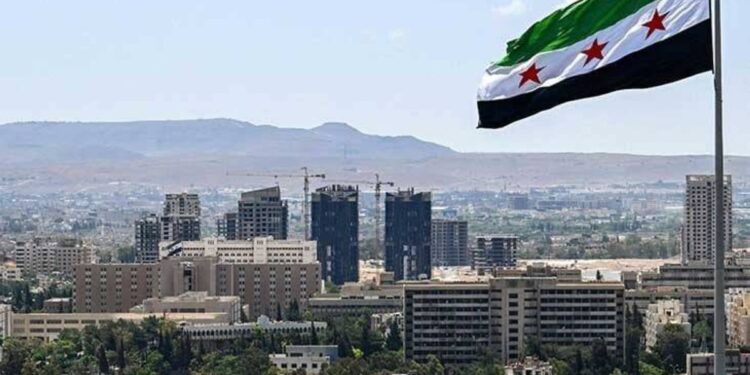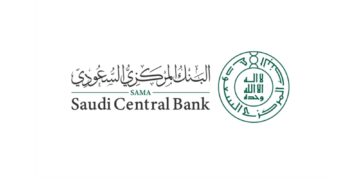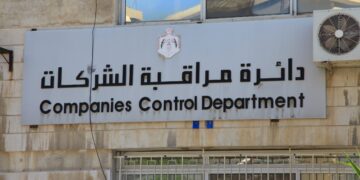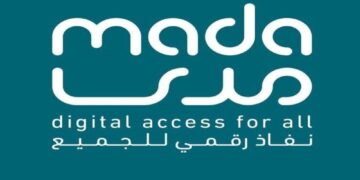The Syrian Investment Authority announced the launch of 12 new investment projects, with a total value of approximately $14 billion. This came during an official event held at the People’s Palace in the capital, Damascus, with the participation of several representatives of international companies and high-level officials.
According to the official Syrian Arab News Agency (SANA), the head of the authority, Talal al-Hilali, revealed details of the projects, explaining that among the most prominent of these is the development of Damascus International Airport, with an investment estimated at approximately $4 billion, in addition to a project to establish a metro network in the capital with funding of $2 billion.
Hilali also mentioned a number of real estate and urban projects, including the “Damascus Towers” project, with an investment of $2 billion, the “Baramkeh Towers” project, with a value of $500 million, and a large shopping center project (Baramkeh Mall), with an estimated cost of up to $60 million. During the event, Al-Hilali emphasized that these investments are not limited to infrastructure alone, but represent, as he described it, a step toward stimulating economic growth and creating job opportunities. He added that “the anticipated projects will be distributed across several regions of the country with the aim of supporting balanced development and enhancing the investment environment in Syria.”
In his speech during the signing ceremony, Al-Hilali expressed the Syrian government’s aspirations that these steps will contribute to strengthening confidence with regional and international investors, emphasizing the country’s readiness to open up to economic and trade partnerships with various parties.
For his part, US Special Envoy to Syria Thomas Barrack, who attended the event, said, “Syria has a long legacy in the fields of trade and transportation,” considering that “Damascus has played a pivotal role throughout history as an economic center in the region.”
Dr. Ayman Hamwiya, advisor to the Higher Commission for Economic Development in Syria, confirmed that the focus is on projects that impact citizens’ lives, and that coordination is taking place with all ministries and governorates to complete investment studies to launch reconstruction. He noted that the Syrian government seeks to create a secure investment and economic environment. Hamouya said that all memoranda of understanding have a specific timetable, some of which may take several years, noting that the governorates play a pivotal role in these projects.
It is noteworthy that these projects come within the context of the Syrian government’s attempts to boost foreign investment and stimulate the reconstruction process after years of conflict, amid the major economic and structural challenges that still face the country.







